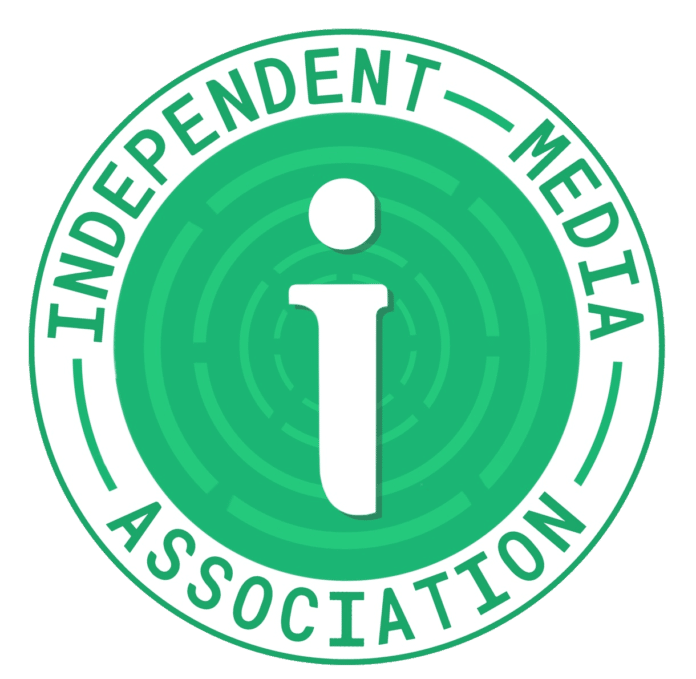Trust in the media in the UK stands at desperately low levels. The Reuters Institute’s Digital News Report 2022 found that only 34% of the public trust the media, and that only 20% believe the media to be free from political influence.
The position is much worse for the press. Fewer than 1 in 4 people trust the Mail, The Sun or The Mirror. Overall, Britain’s press is among the least-trusted in Europe.
It doesn’t have to be this way. Broadcast media is considered vastly more trustworthy by the public, with over half the population trusting the BBC, Channel 4 News and ITV News.
What’s the difference?
Broadcast media – for its faults – is independently regulated. When broadcasters get something wrong, Ofcom gives the public a way to complain under an independent process, and to seek redress. But the national press have rejected independent regulation. In doing so, they are undermining public trust in the industry.
Despite good regulation providing opportunities for credible outlets to distinguish themselves from the noise of social media, and legislative provisions on offer to ward off so-called “SLAPPs” for regulated outlets, the national press have opted to persist with their own approach, which sacrifices trust and the long-term interests of the industry for the ability to lie and mislead with impunity. And they want to bring everyone else down with them. In fact, their association, the News Media Association, has directly lobbied against provisions to protect regulated publishers from “chilling” by wealthy litigants. But the days of the non-broadcast media being represented by the NMA’s club of unregulated, untrusted and super-wealthy publishers are over.
The Independent Media Association was formed for newspapers and websites which are serious about standards, genuinely believe in the freedom of the press, and are committed to the interests of their readers.
The nationals threw away the public’s trust in journalism. We are winning it back.
And we are providing a voice in Parliament, for the first time, for high-standards news outlets.
On the Online Safety Bill, we are fighting back against the Government’s arbitrary criteria for “news publishers”, which will exclude dozens of quality publishers while protecting dangerous and extremist titles.
The IMA has been among the few organisations to point out – for over a year – that the Government’s definition of a “news publisher” in the bill (which confers special exemptions and protections from social media platforms’ sanctions) stands to be exploited by harmful publications. We were quoted in one Committee’s report and submitted evidence at various stages.
Finally, the Government admitted the problem and has promised to try and fix it in respect of some publishers of disinformation. But they have made no promise to ensure it cannot be exploited by white supremacist, antisemitic or other extremist publishers.
The definition of a “news publisher” also remains arbitrary and relies on organisations having a UK address and a team of staff. These requirements don’t make sense – how does having an office or a staff team make an organisation a credible publisher?
Dozens of outlets, including IMA members, will miss out on these new protections – despite being regulated to the highest standards – because they cannot afford a team of staff or a UK office. That’s irrational and unfair.
The Government appears to have admitted that it relied on input from the national press to come with this definition, so it’s no surprise that it isn’t fit for purpose, and that it excludes so many quality publishers.
We are also looking ahead to legislation on the Digital Markets Unit. This will shape the future relationship between publishers and platforms. We want to make sure that publishers with high standards are fairly compensated when their content appears on platforms & aggregators.
The other piece of legislation on the horizon is the Media Bill – in which the Government has said it will attempt to repeal an anti-SLAPP measure designed to protect regulated outlets from being forced to pay claimants’ costs in media cases.
We will fight for our members’ interests and for this piece of legislation – section 40 of the Crime and Courts Act – to stay in place so that a future Government, uncorrupted by relationships with the corporate press, is in a position to bring it into effect and ensure all publishers with high standards are protected from “chilling” by wealthy litigants.
Everything the IMA does in Parliament is evidence-based. And when we talk about protecting press freedom, unlike the national press, we do so credibly. Because for our Members, “freedom of the press” is not just a slogan used to shutdown debate about press standards. It is something we truly believe in and is expressed through our membership of the only press regulator in the UK to constitutionally ban political involvement.
The IMA is providing, at last, a credible voice for credible media.
Join us in helping to bring reality and decency back by SUBSCRIBING to our Youtube channel: https://www.youtube.com/channel/UCQ1Ll1ylCg8U19AhNl-NoTg and SUPPORTING US where you can: Award Winning Independent Citizen Media Needs Your Help. PLEASE SUPPORT US FOR JUST £2 A MONTH https://dorseteye.com/donate/







